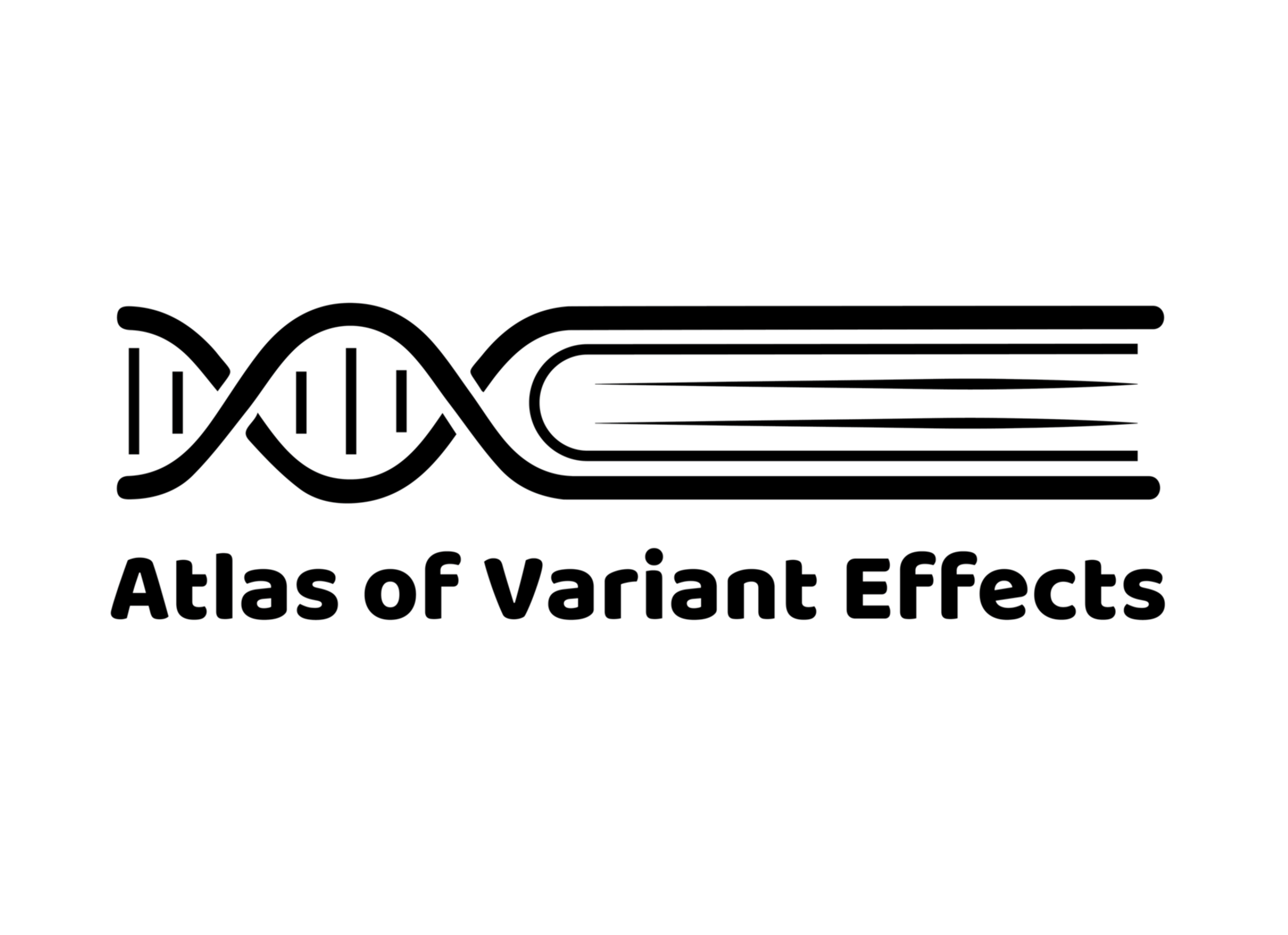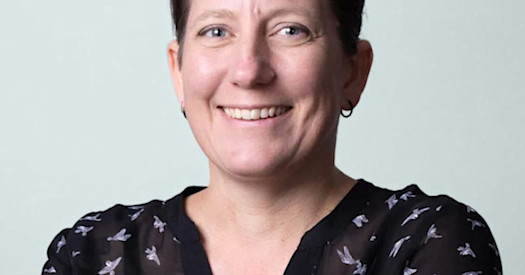
SEATTLE (April 1, 2021) – An international consortium of geneticists, biologists, clinicians, mathematicians, and other scientists is determined to take the study of the human genome to the next level – creating a comprehensive atlas of genetic variants to advance the understanding, diagnosis, and treatment of disease.
“This Herculean undertaking is unprecedented,” said Dr. Matthew Hurles, a geneticist at the Wellcome Sanger Institute in Cambridge, England. “Indeed, the scientific community has an increasingly comprehensive catalog of functional DNA elements in the human genome, but that catalog remains incomplete. We have collectively characterized the functional impact of less than 1% of genetic variation in the 1 to 2 percent of our DNA.”
Hurles and Dr. Doug Fowler, a member of the Brotman Baty Institute for Precision Medicine (BBI) and professor of Genome Sciences at the University of Washington’s UW Medicine, want to increase those percentages significantly. They are founding members of the Atlas of Variant Effects (AVE) Alliance and co-authors of a white paper outlining what may be the most ambitious task over the past 30 years since the Human Genome Project.
AVE, along with BBI and the Center for the Multiplexed Assessment of Phenotype, is co-hosting the fourth annual “Mutational Scanning Symposium.” The event will bring together global experts performing leading edge research in precision medicine, functional genomics, protein science, and variant interpretation and prediction and will be held virtually for three days beginning on Monday, April 5. Those interested in participating in the free symposium may learn more at https://www.varianteffect.org/aveevents/mutational-scanning-symposium.
The launch of the AVE alliance and the consortium’s effort to create the atlas of human genome variants are key issues to be covered at the meeting. The atlas will also examine technology development, data generation, data analysis, data coordination and sharing, and clinical and biological translation.
“We’ve never known so much about naturally occurring variation in the human genome and now is the time to seize the opportunity to understand what that variation means for human health,” said Anna L. Gloyn, DPhil, professor of pediatrics at the Stanford University School of Medicine and an AVE Executive Committee member.
The initial efforts will focus on quantifying the functional impact of single nucleotide variants at the genomic loci, primarily human protein-coding genes, that offer the greatest and most immediate clinical utility.
“The ultimate goal is to develop a systematic, extensive understanding of the functional impact of variants in human, model organism and pathogen genomes,” Fowler said. “However, the field of variant effect mapping is already yielding major impacts. We believe and expect that a coordinated and phased approach with others globally could be transformative. The first major, ‘real world’ impact of the atlas of variant effects is expected to be improved genetic diagnosis and precision medicine.”
In addition to Hurles, Fowler, and Gloyn, the AVE Executive Committee founding members are: David J. Adams, Wellcome Sanger Institute; William C. Hahn, Dana-Farber Cancer Institute; Debora S. Marks, Harvard Medical School; James T. Neal, Broad Institute of MIT and Harvard; Fritz Roth, University of Toronto; Alan F. Rubin, University of Melbourne; and Lea M. Starita, BBI and University of Washington.


